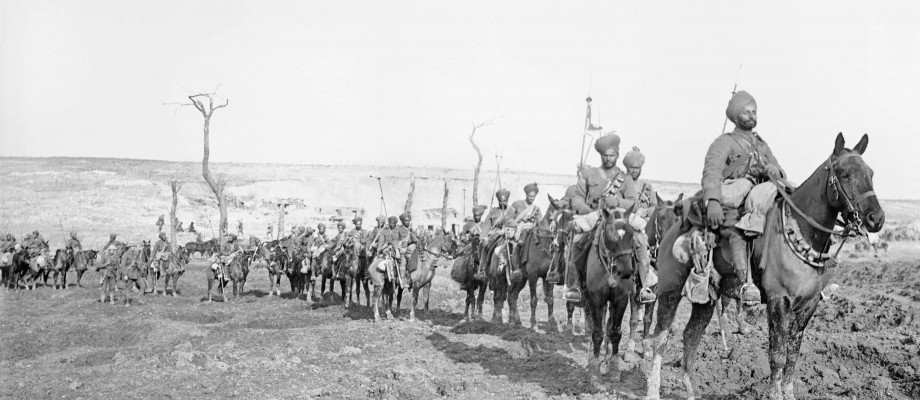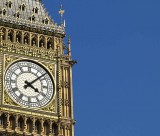
Remembering forgotten heroes of the Great War
October 31st, 2014
Flanders Fields, muddy trenches, the poetry of Wilfred Owen, poppies, the final episode of Blackadder Goes Forth…ask anyone to conjure an image of the First World War and these may spring to mind.
Such iconic images, however, don’t offer us the complete picture of one of the deadliest conflicts in history.
Now, in the year that marks the 100th anniversary of the Great War, a new national research centre has been launched at Nottingham to explore some of the lesser known stories of the years 1914-19.
The Centre for Hidden Histories is aiming to pair local groups and societies keen to commemorate the role of their communities in the war with University academics who can offer guidance on how to make their vision a reality.
They are keen to offer support to people in the Sikh, Muslim, West Indian and Caribbean, Eastern European and Jewish communities. All were affected by the century-long legacy of the First World War but their stories are often overlooked.
Professor John Beckett, of the Department of History, is leading the new centre. He said: “Our project is particularly interested in the events and participants that fall outside of the traditional image of the Western Front. We intend to explore themes of migration and displacement, the experience of ‘others’ from countries and regions within Europe, Asia, Africa and the Americas, and the impact and subsequent legacies of the war on diverse communities within Britain, remembrance and commemoration, and identity and faith.
“We are interested in hearing from community groups who are planning activities to commemorate the years 1914-19, especially those for whom the traditional Armistice Day celebrations may have strikingly different meanings.”
The Centre for Hidden Histories is one of five First World War engagement centres that have been established by the Arts and Humanities Research Council (AHRC) to investigate the war and support community groups in their efforts to research and commemorate the war.
Led by Nottingham, the centre is run by a consortium of universities made up of Derby, Nottingham Trent, Goldsmiths, UCL, Manchester Metropolitan and Oxford Brookes.
As well as academic and research support, the partner universities will also be able to provide grants to the community groups through dedicated Community Challenge and Research Development funds.
Among the projects which the centre is supporting are:
• assistance with arranging and recording anti-war songs in the West Indian tradition to commemorate the contribution made by the Caribbean colonies, which sent more than 18,000 officers and soldiers to fight
• the creation of a tapestry telling the story of the Sikh contribution to the First World War, using traditional Northern Indian craft
• an exhibition of the Sikh contribution that could be taken out into the community to other faith groups to develop a deeper understanding of a shared history
The centre held a series of roadshows in Nottingham, Derby and Leicester, where local people could learn about the project and how to get involved.
Tags: Department of History, First World War, Professor John Beckett, rts and Humanities Research Council, The Centre for Hidden Histories
Leave a Reply
Other Issue 80

Calibre is a personal leadership and development programme for University staff with disabilities*. Among the programme’s […]


